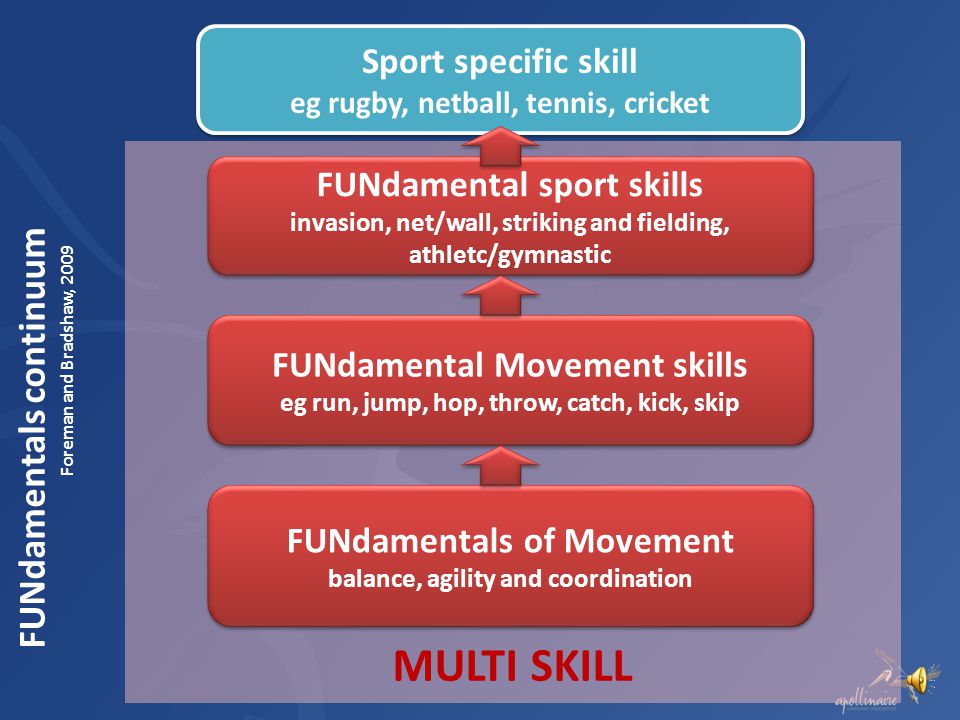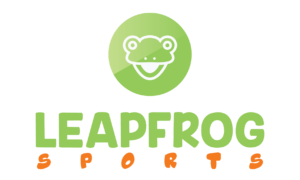We want our children to be happy, healthy and confident, now and in their future but unless they are active this may not happen. To be active, children need to be physically literate which is as important as reading and writing, but what is physical literacy?
It’s when kids have developed the skills, confidence, and love of movement to be physically active for life and is developed gradually through a variety of structured and unstructured activities and although at Leapfrog we promote all the benefits that sport brings, it isn’t just about playing sport, it is about being able to be physically active and coordinated as an adult too.

Physical literacy is made up of:
Fundamentals of Movement (FoM) which focuses on the introduction and development of Agility, Balance and Coordination as the building blocks for more advanced skills that children need as they play and move in later life. Just as we need to learn letters and sounds in order to enjoy reading, we need to learn to balance and coordinate our bodies in order to play sport.
Fundamental movement skills (FMS) combine with FoM to develop more complex actions, such as running, jumping, travelling, throwing, catching, striking and fielding skills.
Fundamental Sport Skills (FSS)
Fundamental sport skills are the generic technical skills required to effectively participate in all five sport and physical activity categories. The technical skills do not have sport-specific intricacies and remain generic to all sports that come within a category.
These skills can then be combined to form more specific sports.
Fundamental movement skills are the building blocks of being active; they underpin every movement that we’ll make throughout our lives. Studies have also found strong links that developing these core skills can have a positive effect on confidence, cognitive function and communication.
If children are encouraged to focus on one specific sport, the opportunity to learn all these essential skills is gone – how will they learn different throwing techniques just by playing football? By jumping ahead to sports specific skills and missing out this essential area of development, children will be disadvantaged and it is difficult to develop these skills in later life. A focus on playing the sport itself could alienate the children who have not yet developed FMS. If a child does not reach this standard they will have difficulty progressing with the rest of the class and may avoid participation in PE due to a lack of confidence. They may not want to take part altogether with a dislike towards exercise for the rest of their lives.

Contrary to popular belief, children do not pick up FMS naturally as part of their normal growth and development. Children need to be taught these skills and given opportunities to practise them. The optimal period for introducing FMS is in the early years and there is a closing window of opportunity for children to develop these skills before puberty, as it will be more difficult to develop the patterns of movement after this age.
Children also need to be provided with:
* Developmentally appropriate activities and equipment;
* Visual demonstrations of skills;
* Instruction and feedback;
* A variety of activities, with a focus on fun and challenge;
* Encouragement;
* A safe and positive learning environment.
(All things you will get from the Leapfrog Sports classes!)

Leapfrog Sports can help!
Although the theme of our class is on a different sport each week, the basis of all our games and activities is on the Fundamentals of Movement (FoM) as each game and activity is building your child’s skills of balance, coordination or agility and beginning to introduce the Fundamental Movement Skills (FMS) as they get older and progress through the different levels.
Alice, our Saturday morning coach, has mentioned on several occasions that some of the children aged 10 she coaches in schools are not able to perform the level of skills that our Leapfroggers do!
Just like learning to play a musical instrument or studying a language, developing fundamental movements skills and excelling in physical activity is the result of dedication, practice and learning – come along to our classes and we can help your child to develop their essential skills!
Over the next few blogs, I will go into detail about the FoM – balance, agility and coordination and give you some ideas of games you can play at home!
Jo

Leave a Reply